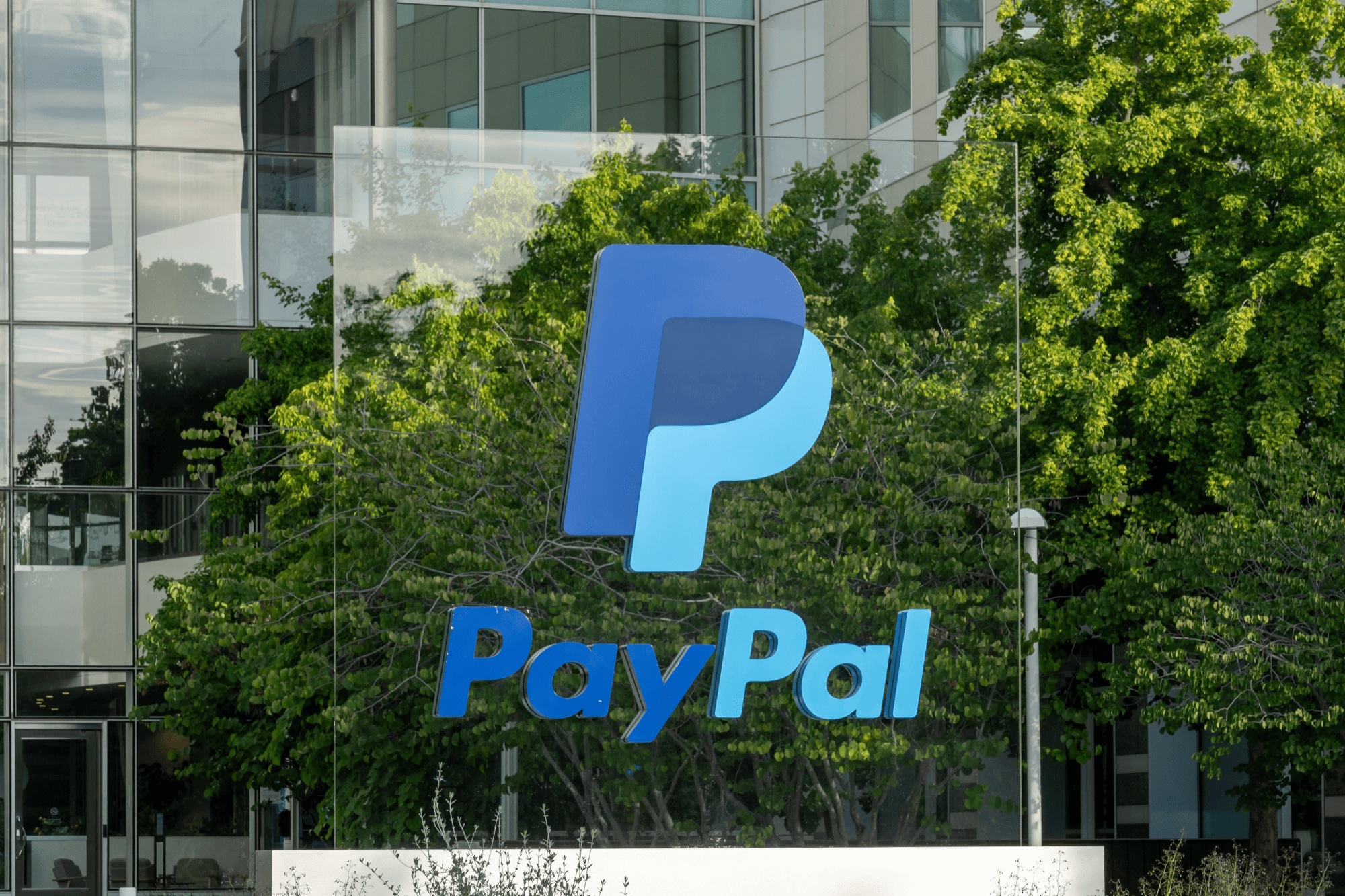MENA Startup Scene Sees Record Surge; Saudi Partnership Aims to Empower Women in Tech Region posts 14-fold jump in July 2025 funding.
You're reading Entrepreneur Middle East, an international franchise of Entrepreneur Media.

The Middle East and North Africa's startup ecosystem has posted its strongest funding month in recent memory, with July 2025 investment soaring to $783 million — a staggering 1,411% increase compared to June. The growth, according to market data, was driven by two mega-deals that collectively accounted for the lion's share of capital deployed.
Saudi Arabia and the United Arab Emirates dominated the regional leaderboard. By value, the Kingdom attracted the largest chunk of investment, reflecting its aggressive push into innovation-driven sectors. The UAE, meanwhile, led in deal volume, underscoring its position as a preferred launchpad for early-stage ventures. Analysts say the surge suggests a renewed investor appetite across fintech, logistics, and clean-tech verticals, buoyed by resilient macroeconomic conditions and government-backed innovation programs.
Amid the funding boom, a new corporate–startup partnership is emerging in Riyadh. On August 12, the Coca-Cola Foundation announced a collaboration with Lesser App, a women-founded Saudi technology startup focused on community impact. The initiative aims to provide both financial support and mentorship to scale the company's social-impact solutions, which range from digital literacy training to sustainable commerce platforms.
The partnership comes as Saudi Arabia intensifies efforts to promote female entrepreneurship under Vision 2030 goals. Industry observers say such collaborations could bridge critical gaps in funding and market access for women-led ventures, historically underrepresented in the region's tech ecosystem.
With capital inflows spiking and strategic alliances forming, the Arab world's startup sector appears poised for a dynamic second half of 2025. However, sustainability of this momentum will depend on whether the surge reflects a structural shift — or a one-off driven by mega-deal distortions.











